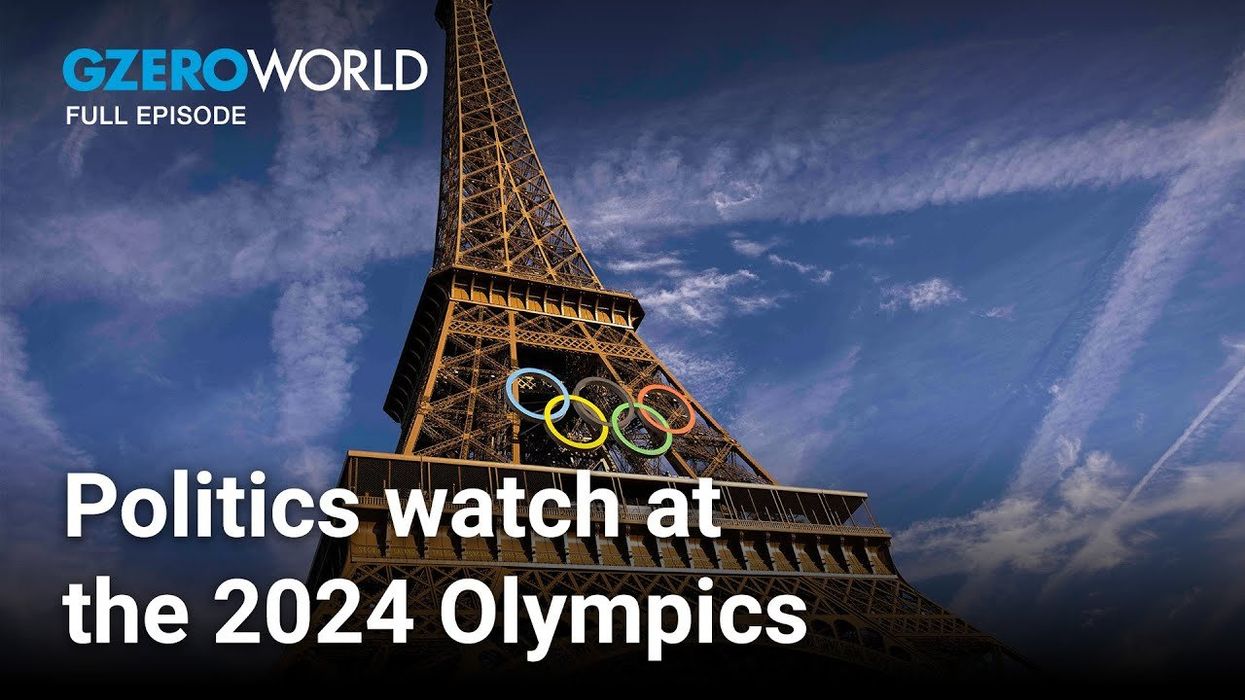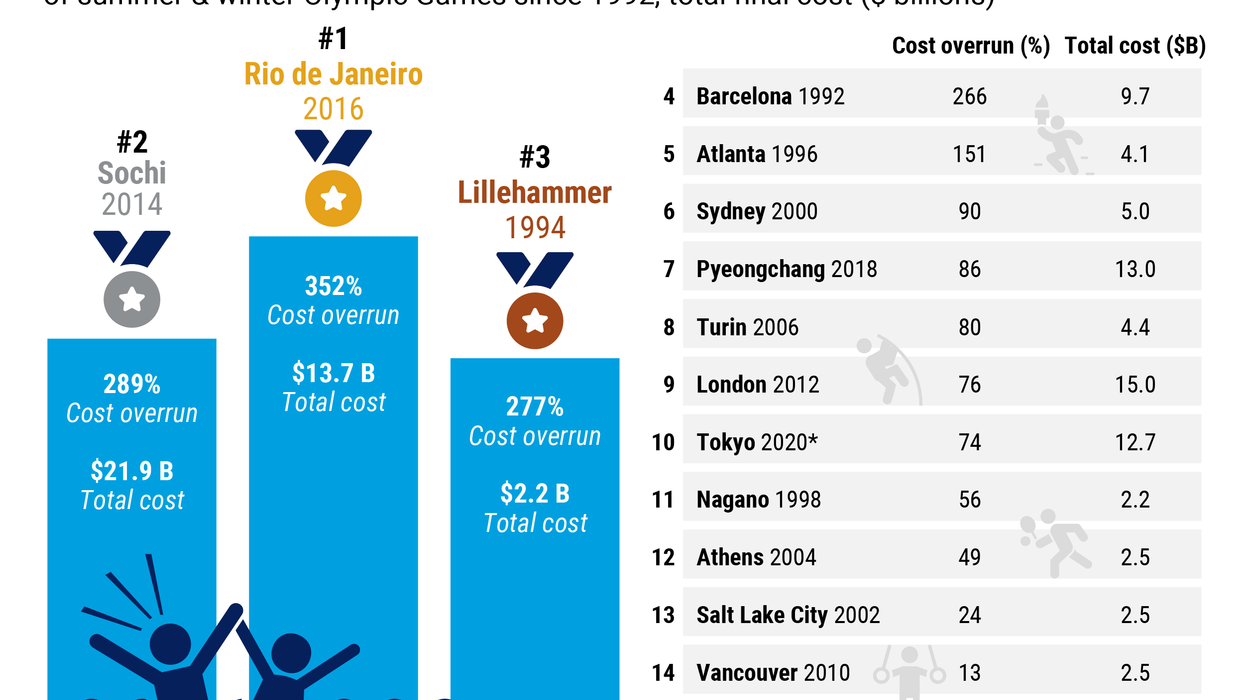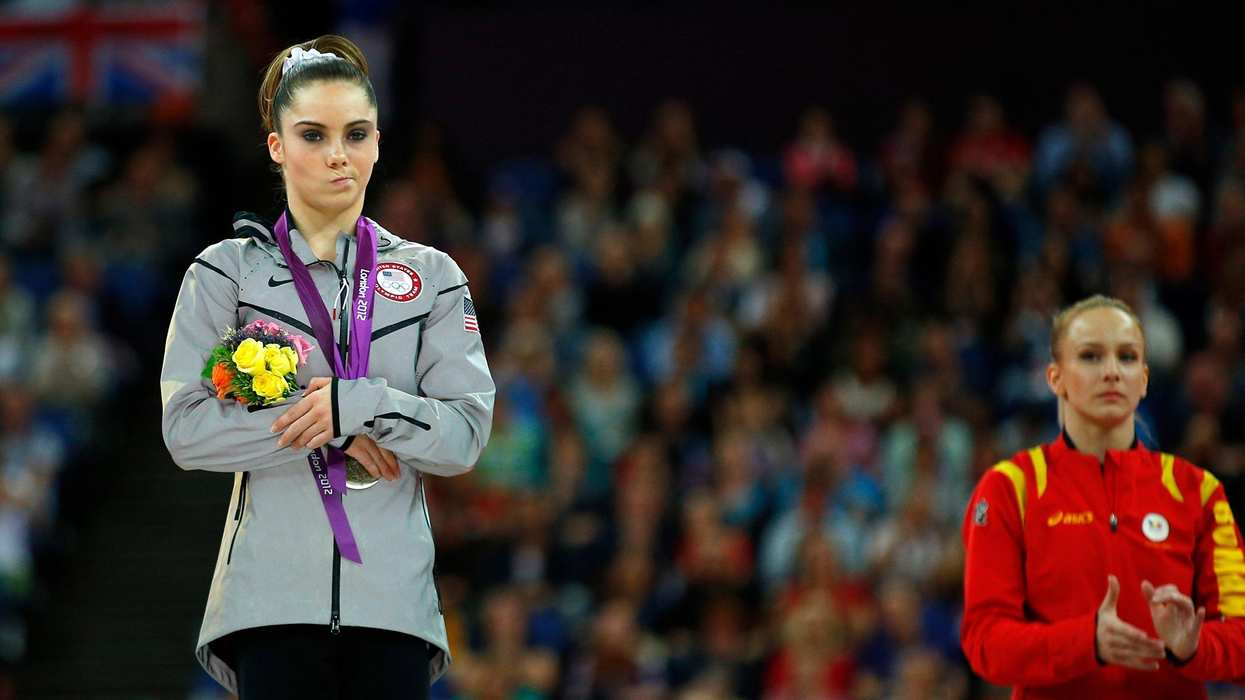GZERO World Clips
Could the Olympics ever be free of politics?
Ian Bremmer and Sally Jenkins discuss the impact of politics on the Olympics, including the debate over neutral flags, political boycotts, corruption within the IOC, and the enduring appeal of athletes like Simone Biles and Sha’Carri Richardson.
Jul 28, 2024





